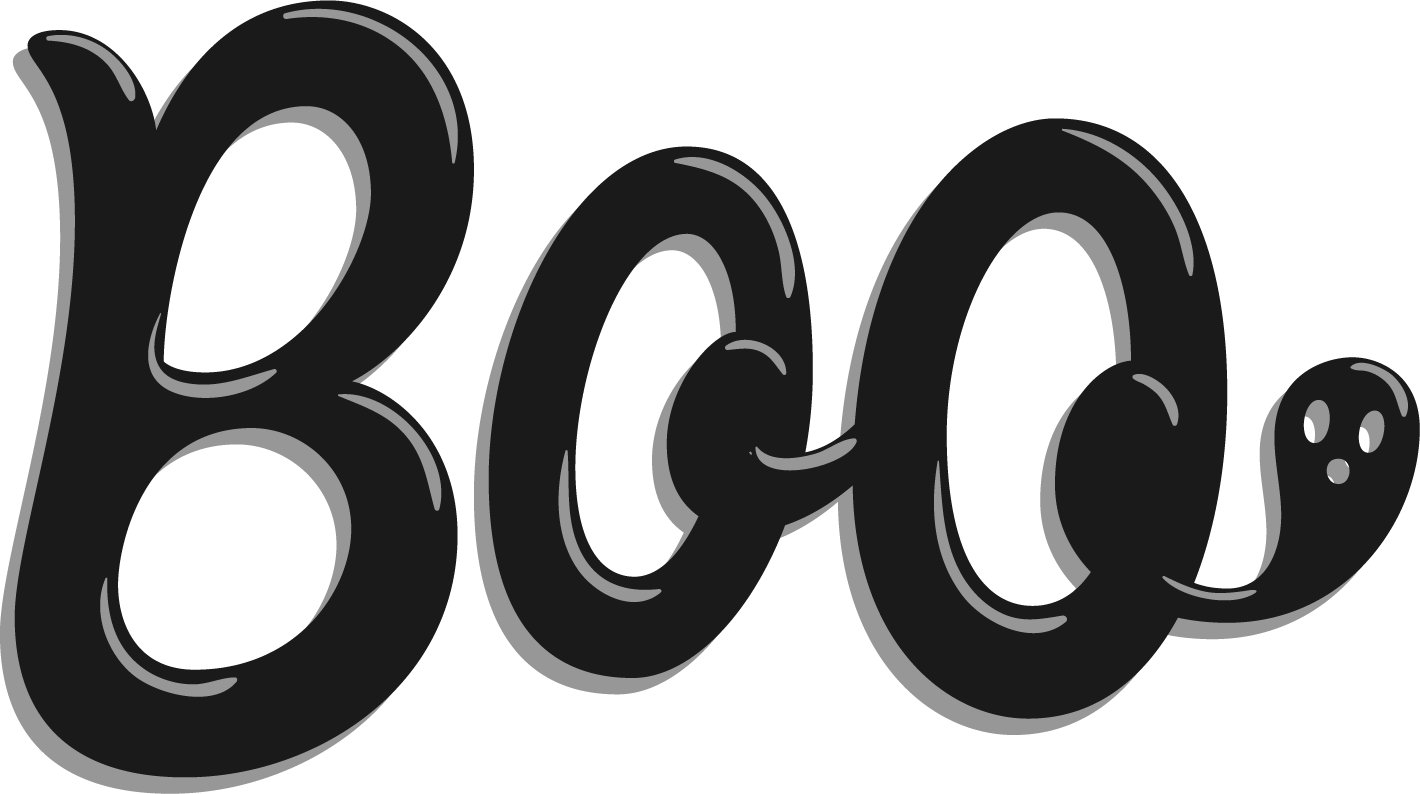SEO vs. SEM: A General Guide

Oftentimes in digital marketing, you will hear of both Search Engine Optimization (SEO) and Search Engine Marketing (SEM). These terms are sometimes used interchangeably, but actually refer to different things from one another.
In this post, we'll provide you with a general guide to SEO vs. SEM, including what they are, how they differ, and how they can be used to help your business and its website succeed online.
So, without further ado, let’s jump right into it!
Defining SEO and SEM
SEO is the process of improving your website's visibility in search engine results pages (SERPs) by optimizing your content and website structure to meet the requirements of search engine algorithms. The goal of SEO is to rank higher in organic search results for specific keywords and phrases related to your business.
SEM, on the other hand, is a broader term that refers to any digital marketing effort designed to increase visibility in SERPs. Unlike SEO, which focuses solely on organic search results, SEM can include both paid and organic tactics. Some common SEM tactics include pay-per-click (PPC) advertising, social media advertising, and content marketing.
The Key Differences of Each
One of the most significant differences between SEO and SEM is that the former is typically a long-term strategy, while the ladder can yield quicker results. With SEO, it can take months or even years to see significant improvements in your website's rankings. Meanwhile, SEM tactics like PPC advertising can produce almost instant results, making it a great choice for businesses looking to drive traffic and conversions quickly. Of course, this timeframe can depend on multiple, external factors.
Another major difference between them is cost. While SEO is generally less expensive than SEM, it requires more time and effort to see results. SEM can be more expensive, but it can also be more tailored and yield faster results, making it a better choice for businesses with limited time or resources.
The Best Approach for Your Business
When deciding between SEO and SEM, it's important to consider your business's goals and budget. If you're looking for a long-term, sustainable strategy that will help you rank higher in organic search results, SEO is likely the better choice. However, if you're looking to drive traffic and conversions quickly, SEM may be the better choice, especially if you have the budget to support it.
Ultimately, the best approach is often a combination of both SEO and SEM. By leveraging the strengths of each tactic, you can create a comprehensive digital marketing strategy that drives traffic, generates leads, and helps your business succeed online. As you grow your business, you should start to notice which one, if not both, methods is best for its marketing strategy.
In short, both are essential components of any successful digital marketing strategy. By understanding the differences between the two and choosing the tactics that align with your business goals and budget, you can create a plan that helps your business succeed online.




